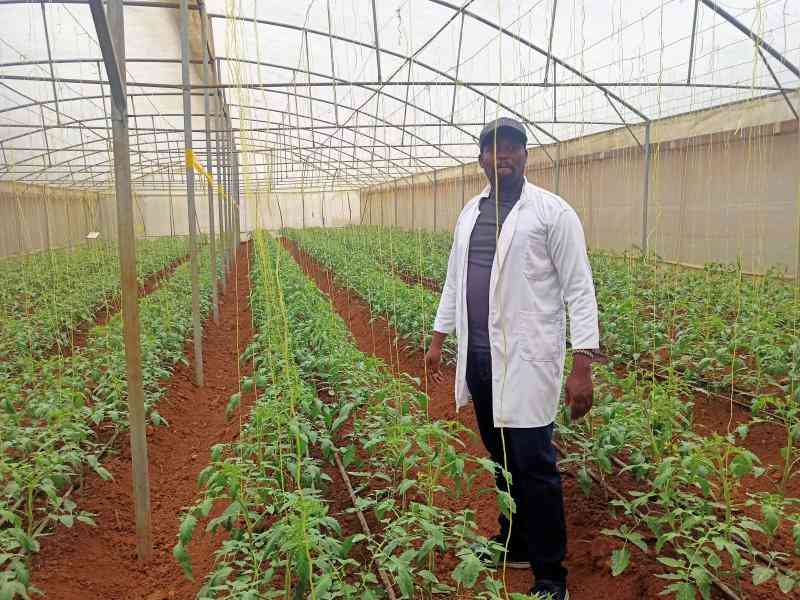×
The Standard e-Paper
Kenya’s Boldest Voice

William Macharia, a Kenyan who does farming in Kigali, Rwanda.
After the 2007/08 post-election violence, William Macharia found himself jobless. He was working as a technical advisor in an agricultural company in Mount Kenya that was growing vegetables for export, but folded due to post-poll pressures and uncertainity.